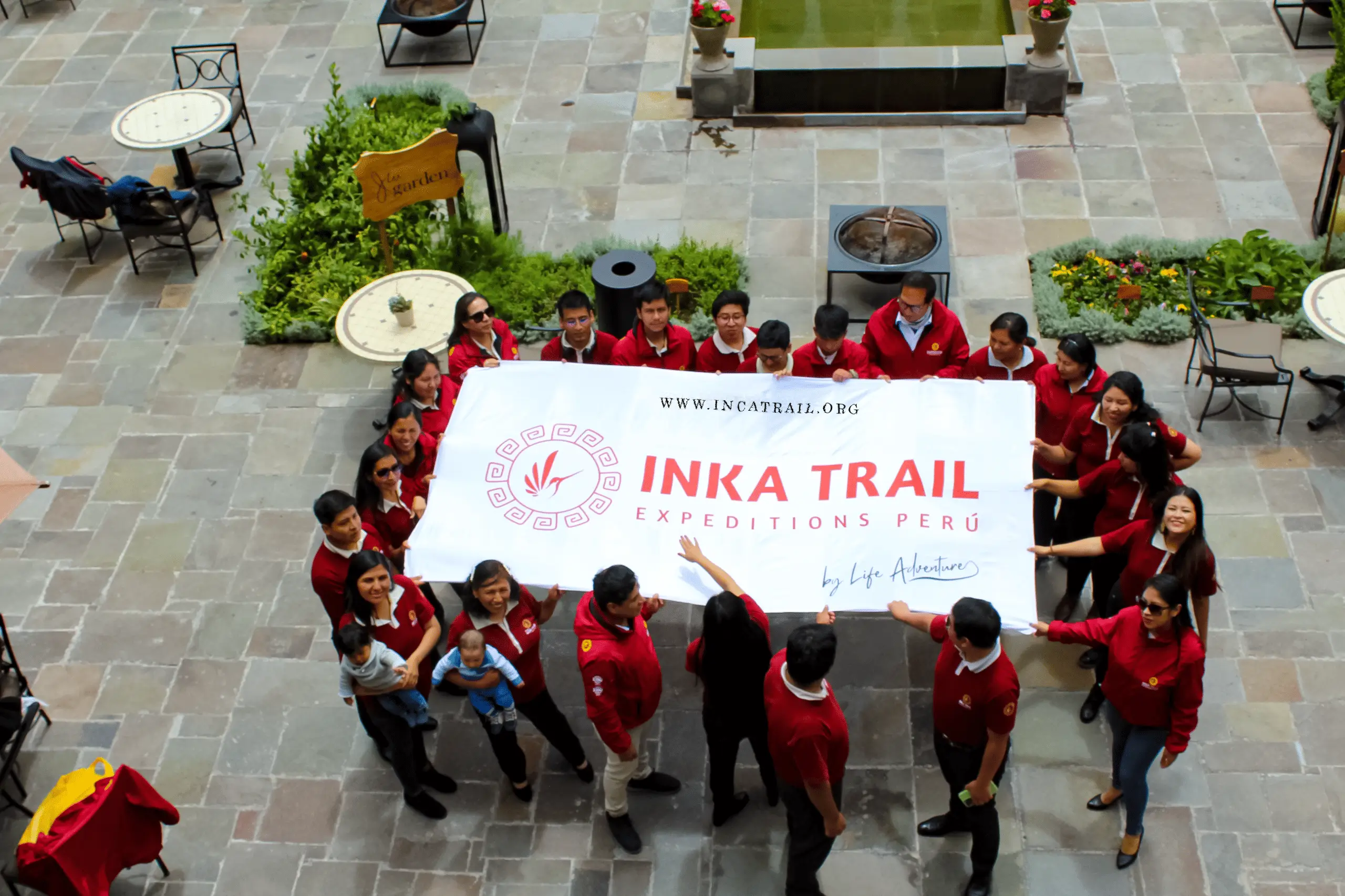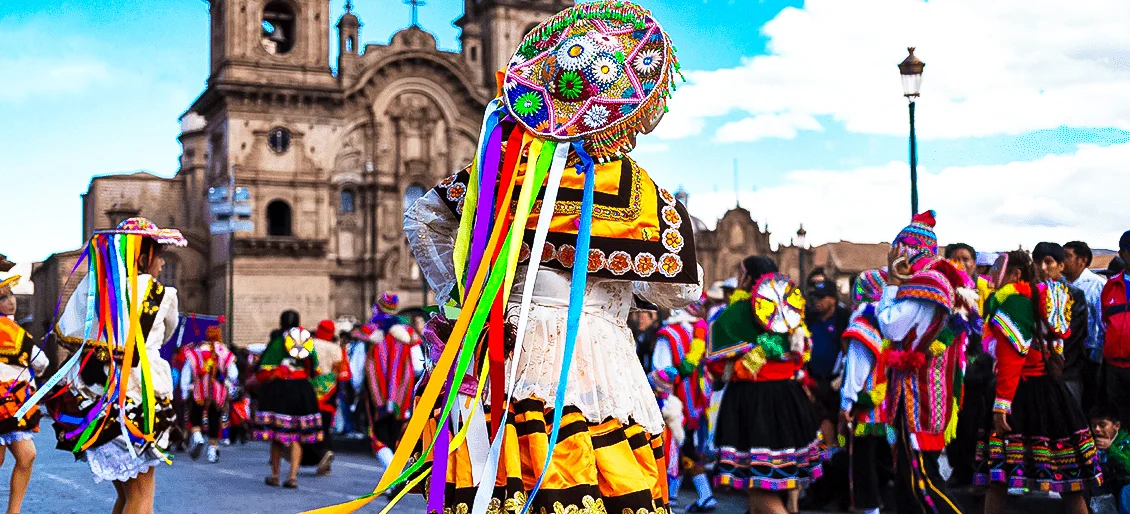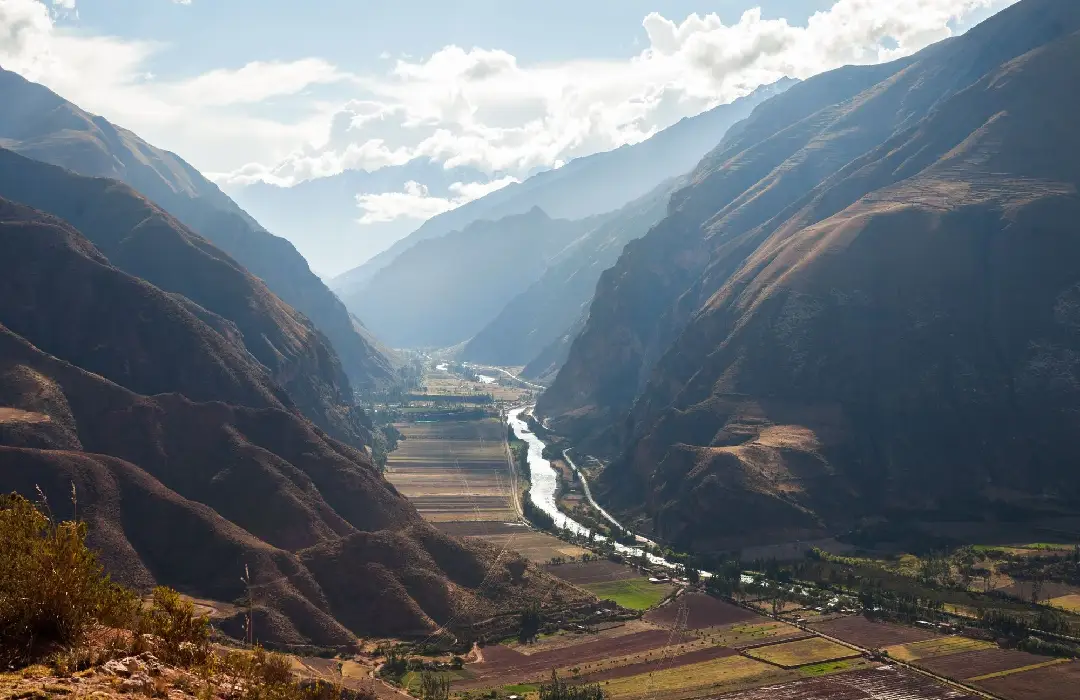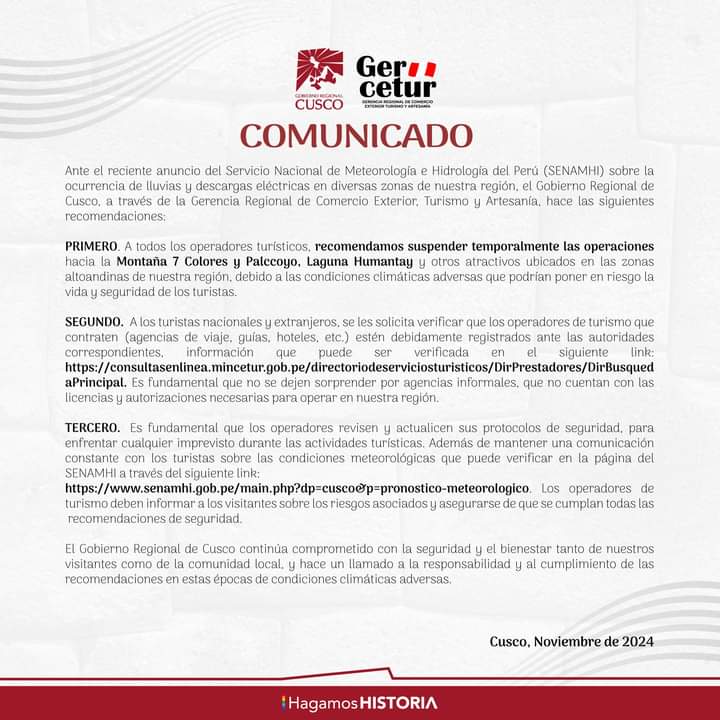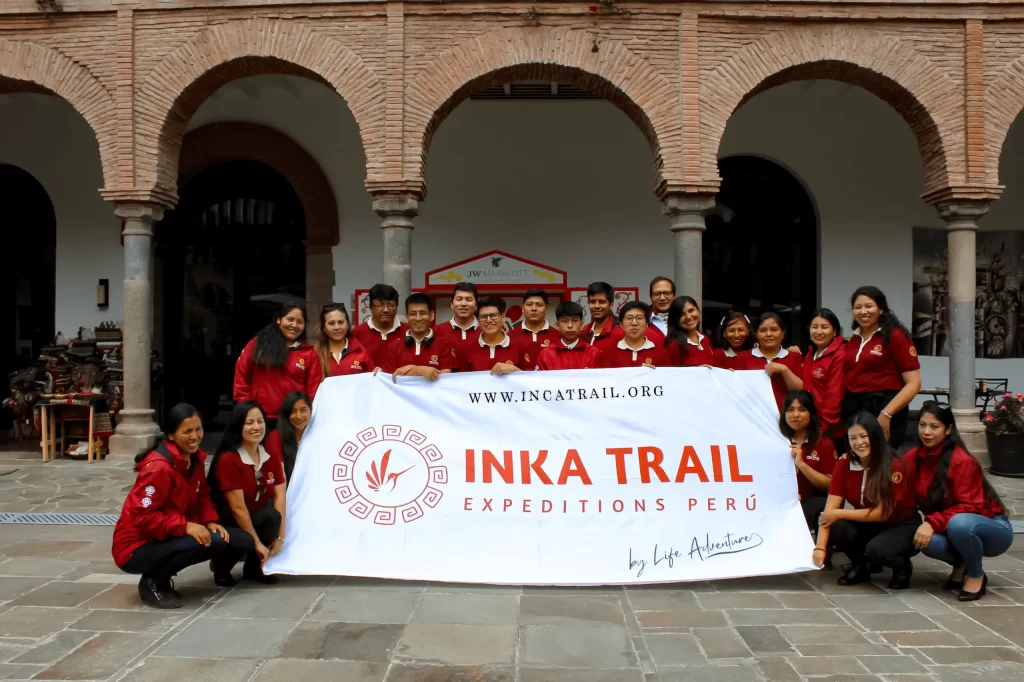
Challenges and Potentials:
International Women’s Day commemorates the pivotal role that women have played in shaping social and technological progress throughout history. In Peru, as in many parts of the world, women’s participation is essential in numerous economic sectors—particularly tourism, where their contributions are both visible and impactful.
The State of Women’s Participation in Tourism
Tourism is widely regarded as one of the most receptive industries for female employment. In Peru, approximately 70% of the tourism workforce is composed of women, spanning urban and rural areas alike. They hold vital roles across hotels, restaurants, travel agencies, airlines, handicrafts, and guiding services. At Inca Trail Expeditions, for example, women make up over 60% of the staff, reflecting a strong institutional commitment to gender inclusion.
Despite these statistics, gender stereotypes persist—particularly in small and medium-sized enterprises. Roles in catering, hospitality, and crafts are still commonly labeled as “female-appropriate,” limiting women’s participation in leadership or non-traditional positions.
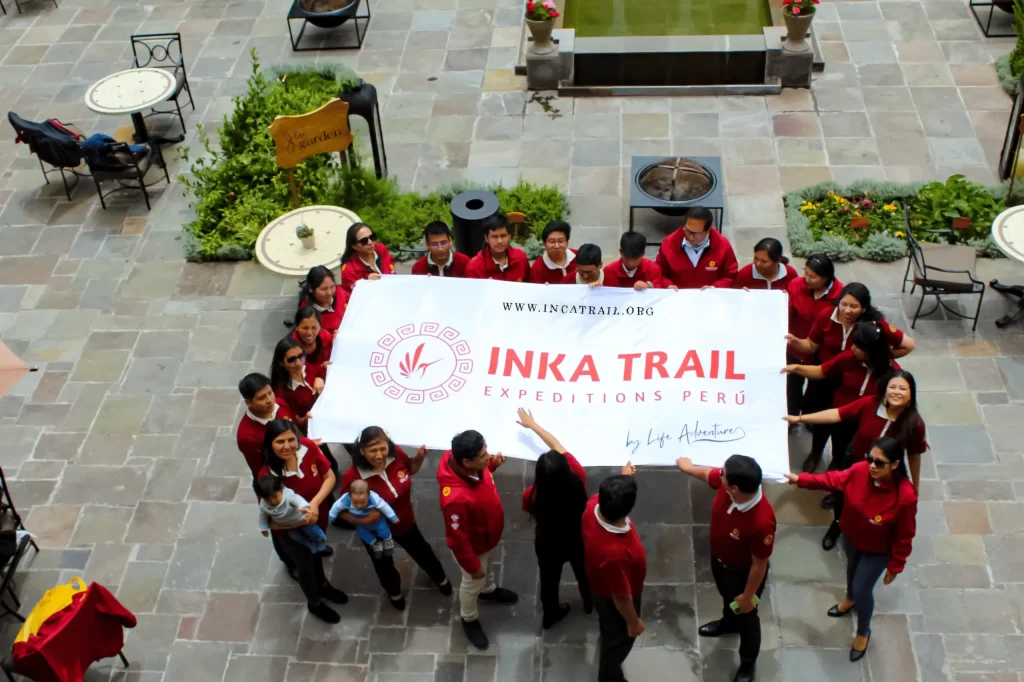
🔗 Explore our Classic Inca Trail to Machu Picchu – 4 Days
🔗 Machu Picchu Tour Full Day – 1 Day
Barriers to Growth and Leadership
Another major challenge facing women in tourism is the balance between professional and family responsibilities. Many women, especially mothers, experience difficulties advancing into management roles due to the time and dedication these positions demand. This conflict often leads them to consider entrepreneurship as a way to grow professionally while also fulfilling their caregiving roles.
Moreover, informality in the tourism sector affects many women disproportionately. Lack of access to social security, stable contracts, and training opportunities all hinder the full realization of women’s participation and potential.
Moving Toward Gender Equality in Tourism
To truly harness the power of women’s participation in tourism, both public and private stakeholders must:
- Collect and analyze gender-disaggregated data
- Promote inclusive policies and leadership training
- Offer family-friendly work environments
- Address informality and labor protections
Inca Trail Expeditions Peru exemplifies one such stakeholder already taking action, with over 50% of its workforce being women, including those in field roles such as guides and support staff.
